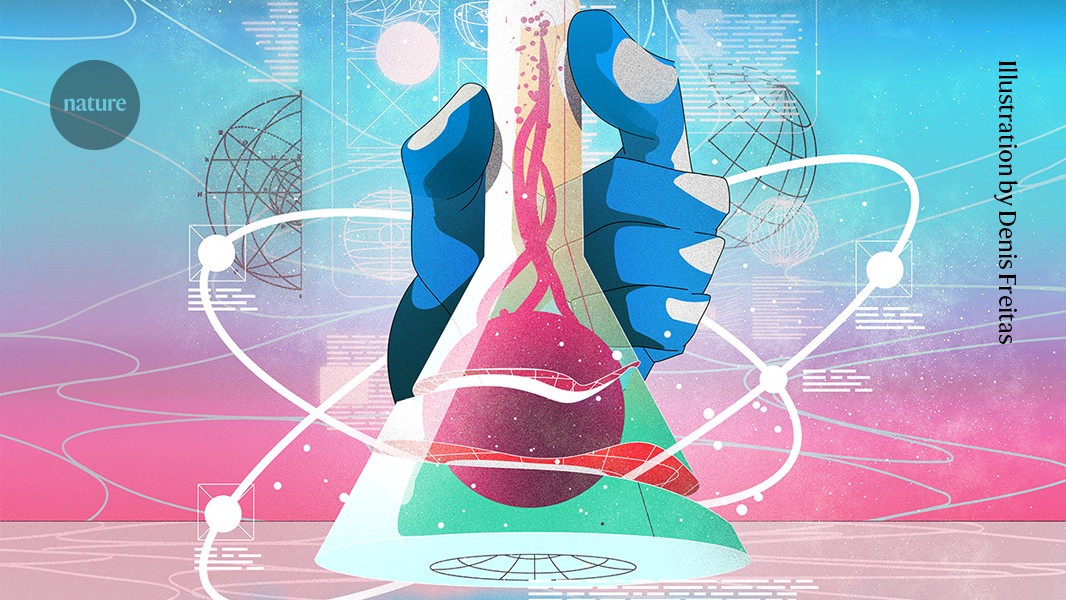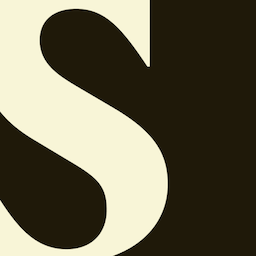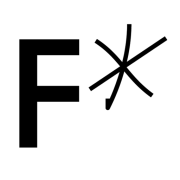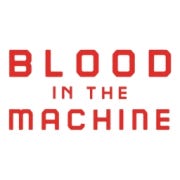Work with AI: The Rise of Fluid Collectives
Weeknotes 334 - Tariffs and the consequences for agentic AI, and more news from last week. And thinking about embracing teamwork with AI as a new form of collectives.

Hi all!
Who is burned out already of all the tariff news? This catch-22: you know that big part of the deal is to seek attention and prove relevancy by breaking things (think of an emoji of a crying baby here). Neglecting is, however, not sensible too… That silly calculation method made one thing became sure: ChatGPT cannot prevent the stupidity of the prompting (human) actor … in other words, too bad AI it is not (yet) helping to look beyond our nose (it seems that this Dutch expression can be similar in English).
Thanks for landing here and reading my weekly newsletter. If you are new here, have a more extended bio on targetisnew.com. This newsletter is my personal weekly reflection on the news of the past week, with a lens of understanding the unpredictable futures of human-ai co-performances in a context of full immersive connectedness and the impact on society, organizations, and design. Don’t hesitate to reach out if you want to know more or more specifically.
What did happen last week?
It's super nice to see a student team at the Master of Digital Design working on haptic interactions again. I have been exploring these back in the early days of haptic engines, doing workshops and contributing to research explorations on the internet of touch. The angle the team chose to use the expanding air of a professional blood pressure meter not only provides a rich touch experience, both soft and intense, but it is also very performative.
The session on Creative Competencies as part of a research project delivered very interesting discussions and connected very well to some other conversations I listened to about the future of work and co-working with AI. See below for the triggered thoughts.
I also had a very nice catch-up with Sen, who shared his experiences of “Things with Agency” from his last trip to China. Martijn added some fine final touches to the Civic Protocol Economy think model we use as the outcome of the explorative research and working model for the next step, the design charette. As soon as the report has its final layout, I will share it here.
The next ThingsCon Salon on the Generative Things with Salon exhibition and speculative design workshop turns into a serious two-day event. In addition to a group of MDD students who will expertly join, we have room for a maximum of 20-30 attendees. Be sure to RSVP if you'd like to join!
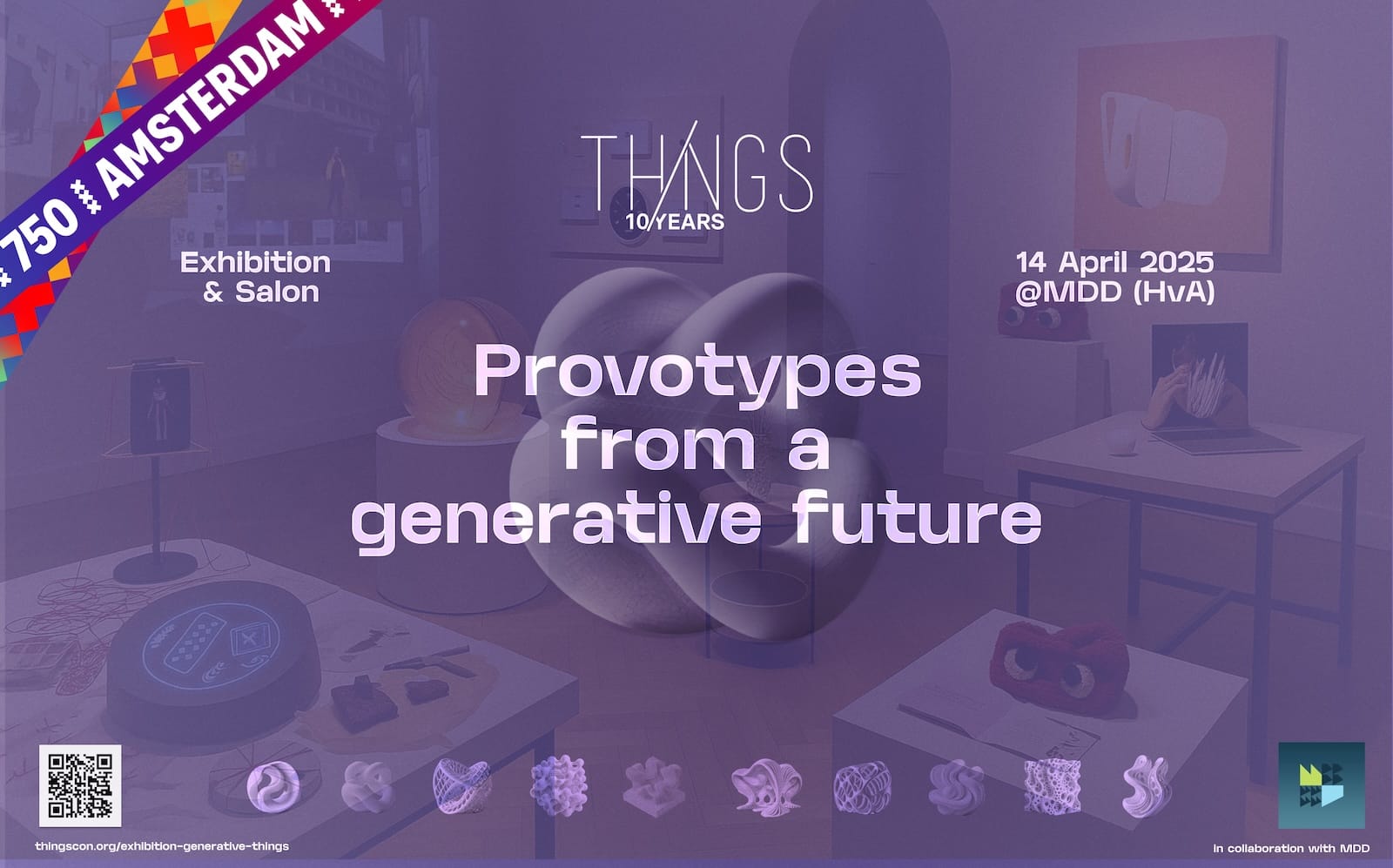
What did I notice last week?
The news was —apart from the geopolitics and all the second and third order effects—relative low in tech.
- Microsoft had an event celebrating its 50th Anniversary with more co-pilots. It is undoubtedly something that is accelerating now.
- A new Nintendo got the tech review's attention. A long life cycle.
- Meta launched a new model and got negative reviews
- Midjourney has a new model too.
- Will the financial crash be the beginning of a shift away from the year of agentic AI to applied AI, focusing on the bottom line?
- AGI of fluid intelligence, what will be a better strategy?
- Interfacing with agents, and with robots (aka physical intelligence), how will that execute.
- Copyright aware AI
What triggered my thoughts?
A topic that always arises is how our work lives will change with the rise of AI. Will it just be another wave of automation that will have a huge impact in the short term but ultimately generate more work in fewer hours? Or is there a different shift this time?
We will have a changing working order if all promises and expectations are lived up. Thinking jobs, and especially analyzing work, might become obsolete. However, procedural work can also be easily replaced. More creative angles, general overview, ethics, and tasks alike will live longer before having a full replacement.
The framing of Wietse Hage is nice: every activity where you now have a computer that produces the end result of your work will be enhanced with AI capabilities. You can make the call how much of the dividing in tasks between you and your computer will be impacted and what will change for your work.
It is always too easy to say that we will develop new skills. That we will become the manager of an army of AI workers. Do you need management skills? Are these the same? Or will you become more the supporter of the AI, are you in a way managed to deliver your human skills to optimize the AI output?
Perhaps we're thinking too linearly about the future of work with AI. The relationship might not be hierarchical at all—neither us managing AI nor AI managing us—but rather symbiotic. The most successful workers may be those who develop a collaborative fluency with AI tools, understanding both their capabilities and limitations.
What emerges from this blurring might be a renewed emphasis on collective work—not just between humans and AI, but among humans with a shared purpose. The future workplace could evolve beyond individual achievement toward collaborative intelligence, where value comes from our ability to work together toward common goals. As AI handles more routine cognitive tasks, our uniquely human capacity for empathy, ethical reasoning, and collective meaning-making becomes more central.
This shift might also liberate us from rigid professional identities. In these new work collectives, roles could become more fluid and contextual. One day you're the domain specialist providing expertise, the next you're managing the process, and later you might be the ethical guardian or the vision-keeper. The traditional career ladder might transform into something more web-like, where adaptability and collaboration matter more than defending territorial expertise.
These new working collectives could transcend traditional organizational boundaries. They might form around specific challenges, bringing together diverse perspectives, skills, and AI capabilities in temporary but intense collaborations. The question then becomes not "What is your job?" but "What collection of human and machine capabilities can we assemble to address this challenge?"
It was a thought that popped up, too, at a session I attended last week about the creative competencies needed for co-creation projects. The framework identified six key competencies: (1) facilitation skills to support collaboration, (2) creative abilities to make ideas tangible, (3) emotional and relational intelligence to navigate conflicts, (4) initiative-specific execution skills, (5) strategic and entrepreneurial thinking for sustainability, and (6) the ability to build bridges with external stakeholders. Though originally conceived for human collaboration between designers, users, and stakeholders in co-design processes, this framework maps remarkably well onto the emerging reality of AI-integrated work collectives. These competencies represent precisely the human contributions that will remain valuable—perhaps become even more valuable—in teams where AI is a full participant and role-switching is normalized. The framework shifts emphasis from technical expertise in a single domain toward the meta-skills of orchestrating diverse capabilities (both human and AI) around shared objectives.
The most profound shift might not be which jobs disappear, but how the nature of all jobs transforms. Work with AI: The Rise of Fluid Collectives
What inspiring paper to share?
A classical theme: systemic co-design, this is a new book that promises to give an extensive overview.
Systemic Service Design provides a comprehensive overview of how systems theories can be integrated into service design to address complex social-economic-technological challenges. Across 14 chapters split into two sections, the book connects theoretical backgrounds and practical worldwide case studies to explore various approaches to systems thinking.
Suoheimo, M., Jones, P., Lee, S.-H., & Sevaldson, B. (Eds.). (2025). Systemic Service Design (1st ed.). Routledge. https://doi.org/10.4324/9781003501039
What are the plans for the coming week?
The coming week is a mix of working on rounding up and starting up civic protocol economies, sessions on ThingsCon year planning (save the date: 6 June for RIOT unconference in Rotterdam), preparation and production of Salon and Speculative Design Workshop ThingsCon, and exhibition generative things. Check also the list of activities from IoTDay. Next week, we will also do a workshop on Labkar development (Cities of Things with Rotterdam UAS) at Smart & Social Fest.
References with the notions
A new model of Meta has not been received well.
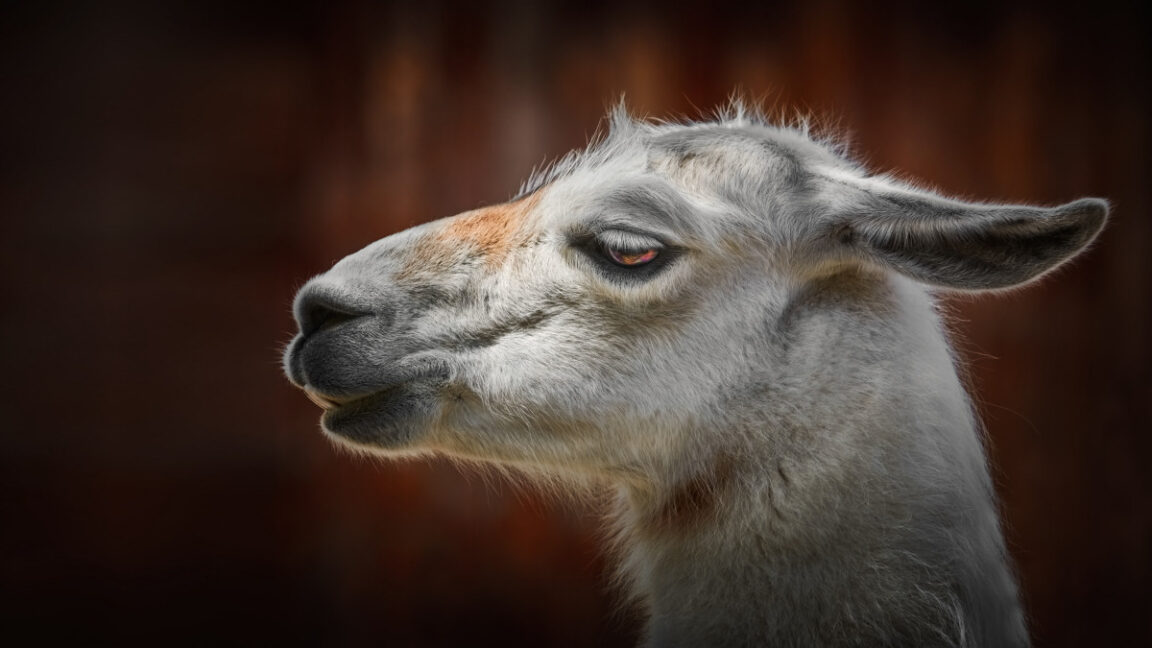
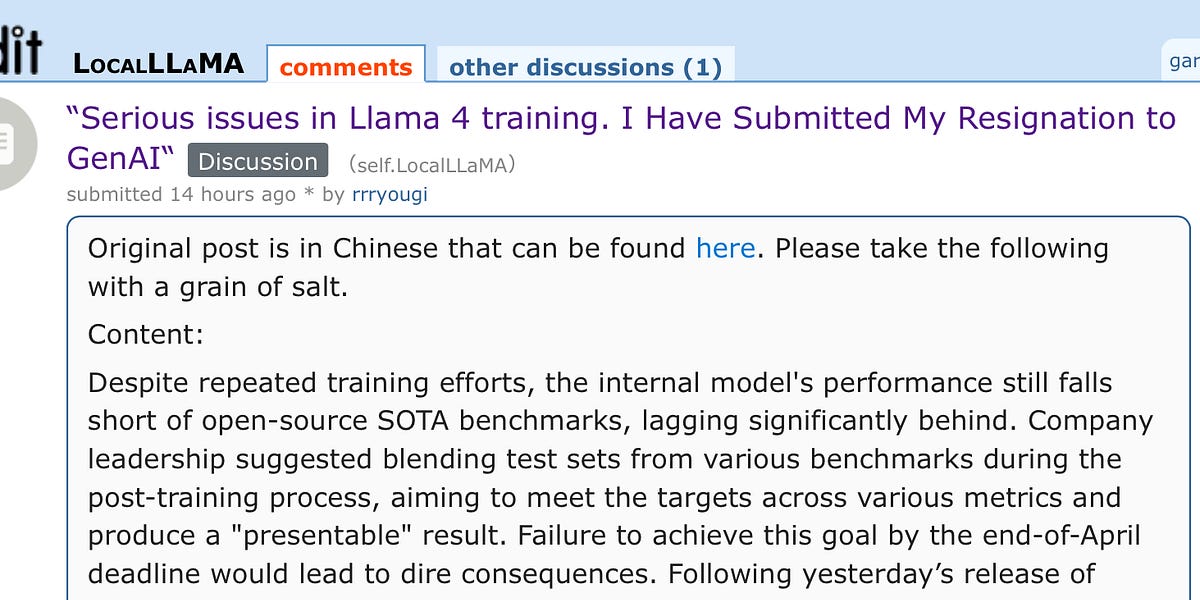
Google is getting positive credits for the new Gemini.
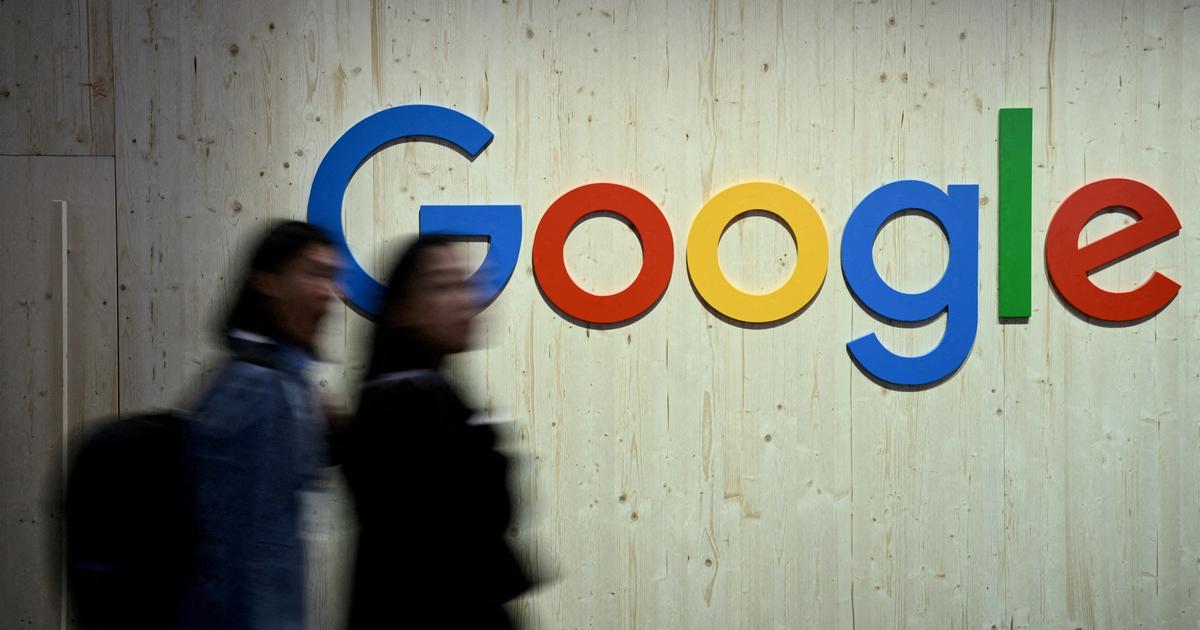
Midjourney is introducing a new model, for the first time in a long time.

Human-AI partnerships
Are we looking for AGI, intelligence that has all the answers, or fluid intelligence, intelligence that can adapt to all questions?

What is creativity in the age of AI? What can we learn from a Ghibli meme?
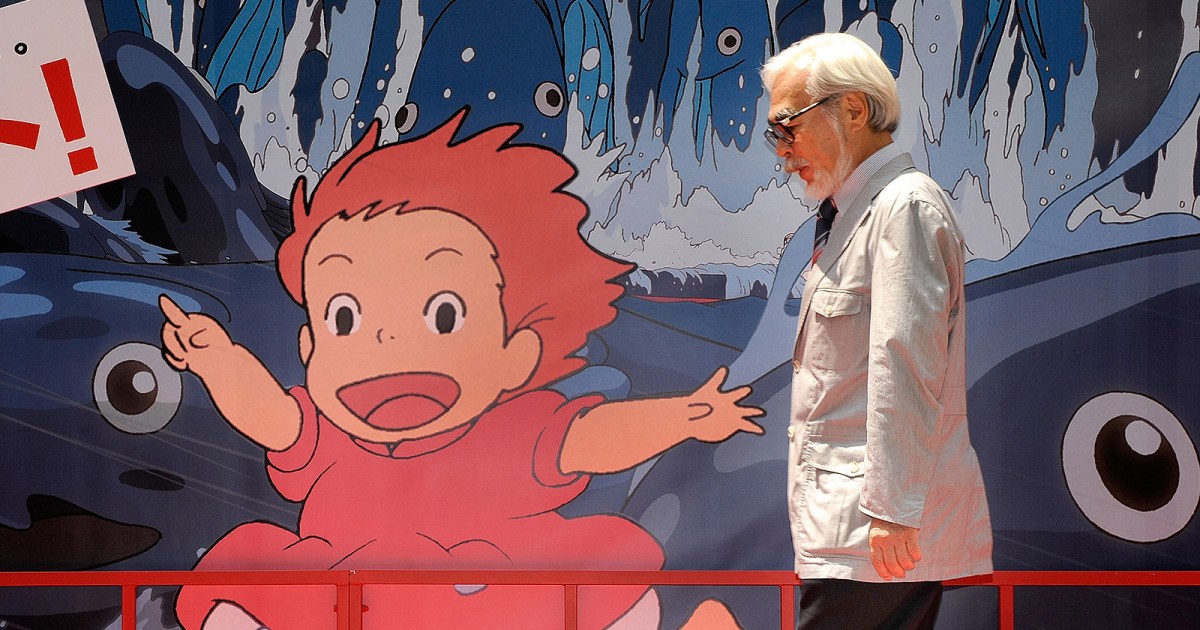
Are we redesigning everything for AI agents?

Robotic performances
Lists.. The 50 most innovative robot companies.

The future of interfacing with robots.
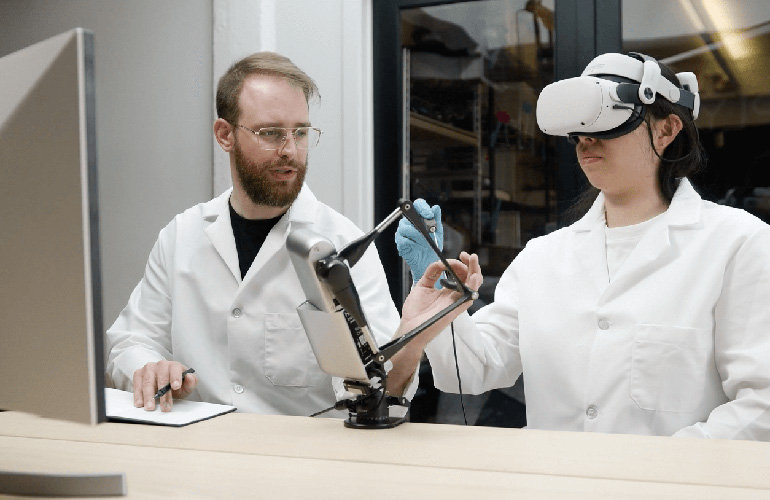
New animals. Dogs, horses.
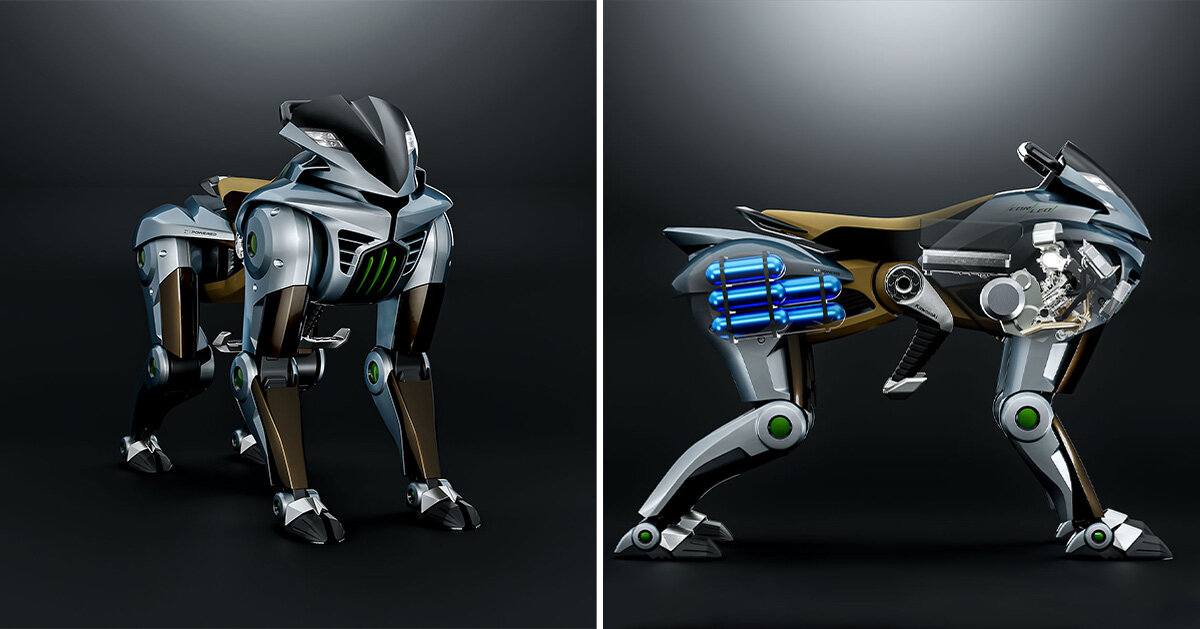
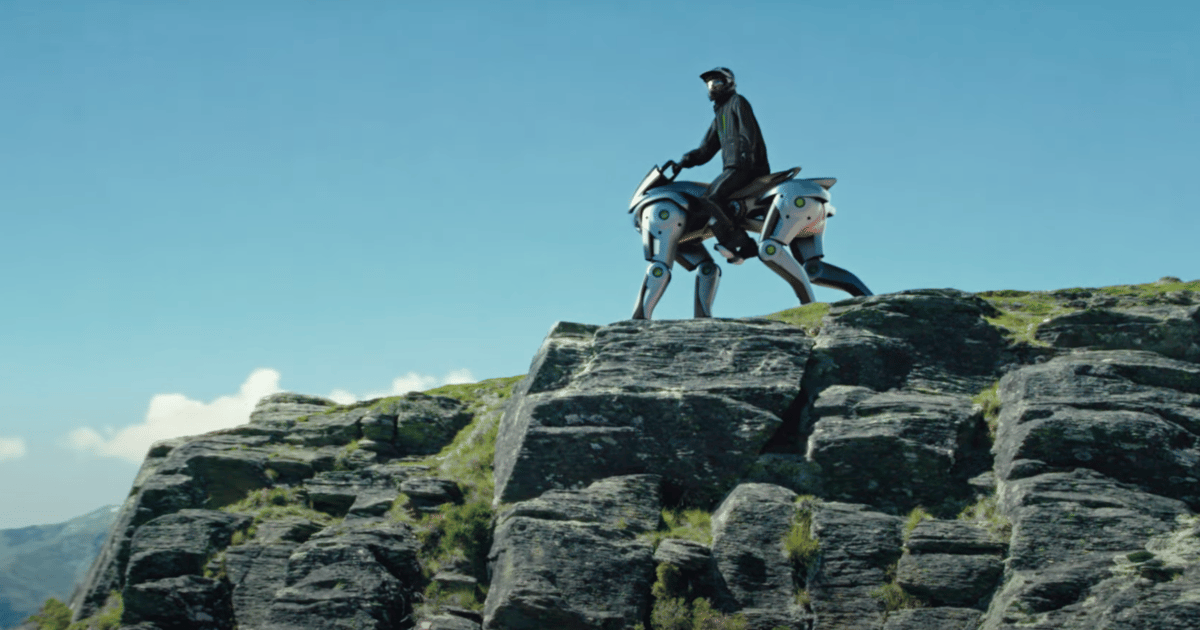
Robotics will become physical intelligence.
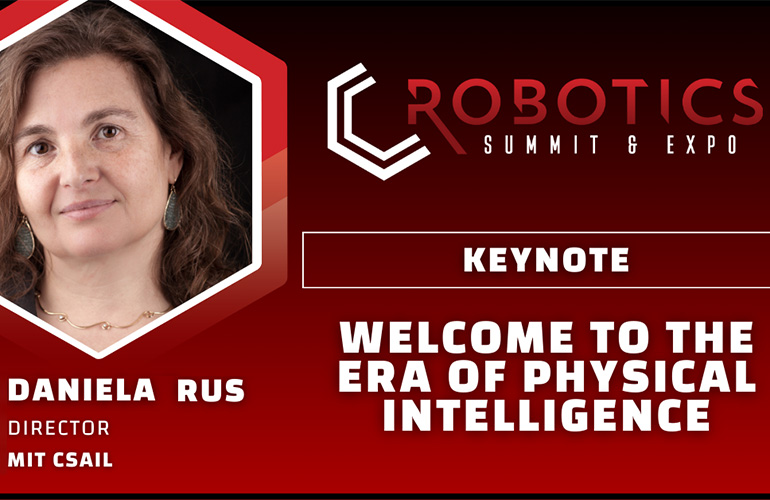
Immersive connectedness
The Switch was always the more friendly social game console, had that touch. After years the new one is extending with some social features and overall just a bit better it seems.
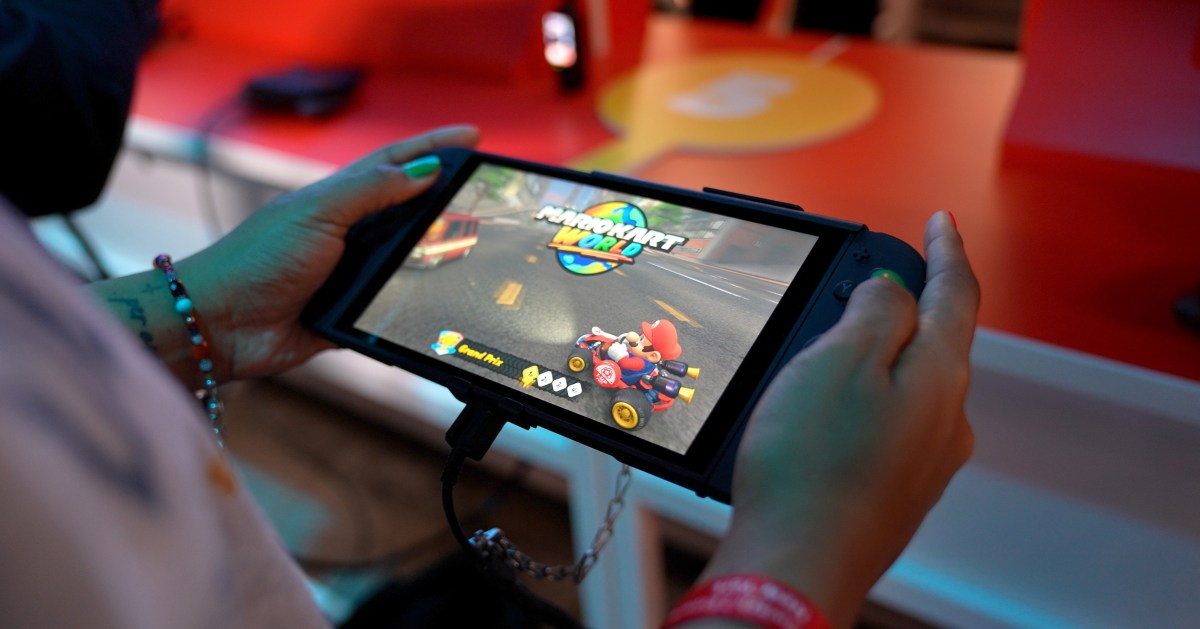
Tech societies
Gary sees inflated promises.
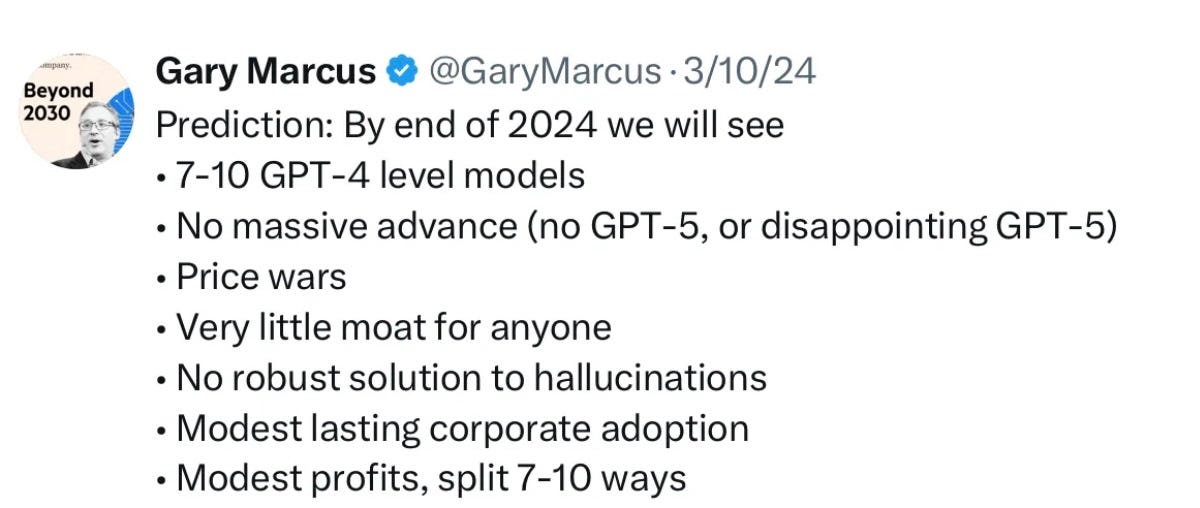
Solve the ownership discussion: copyright aware AI
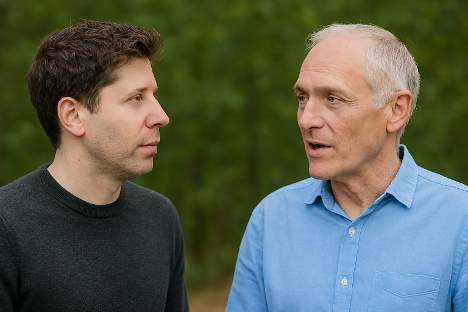
Good to see that Indy Johar started a Substack with bitesize daily propositions. Like “The Privilege of Possibility: On Fear, Stability, and the Imagination of Futures”, which links back to the triggered thought in a way.

AI-generated trade policy investigated.
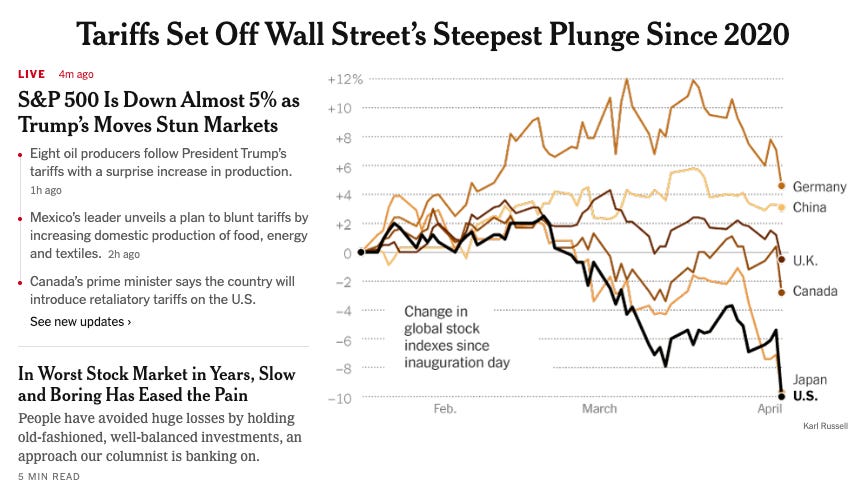
Or is it in the end the end-stage of capitalism dixit Doctorow?
And what will stock crashes mean for the year of agentic AI?
Are we into a path of decreasing human autonomy?
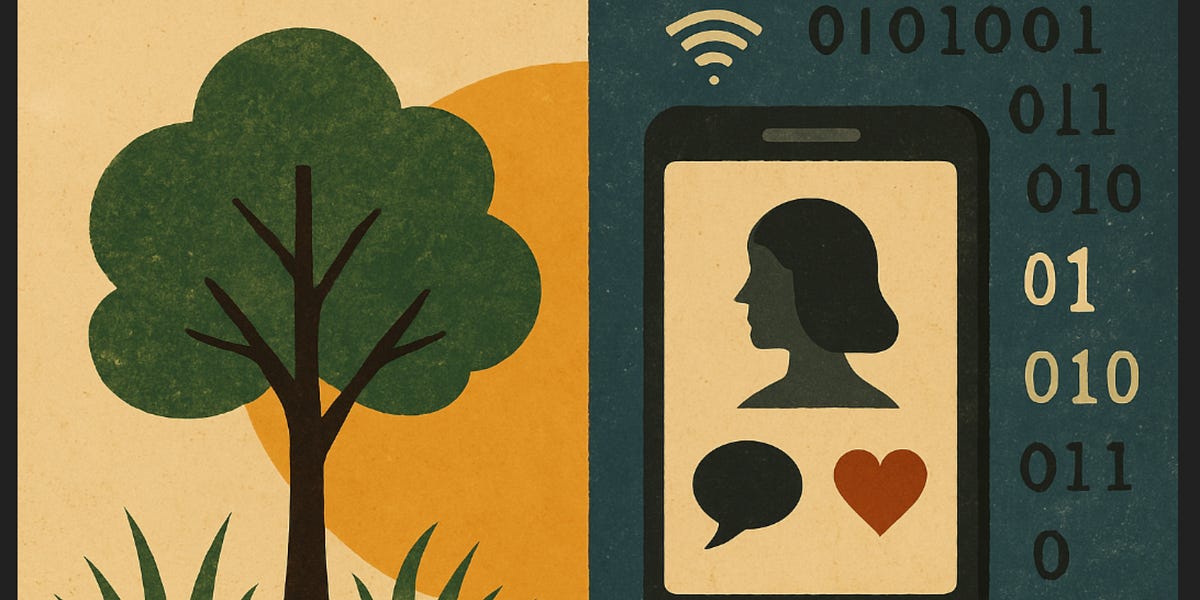
Is more AI in science doing good, or harm?
